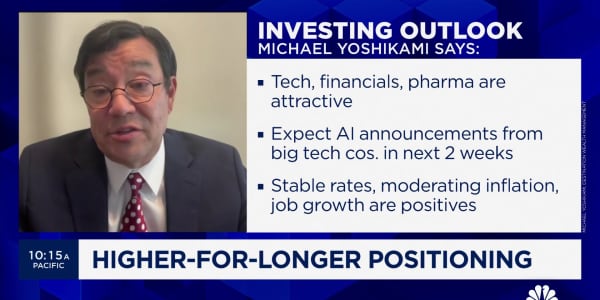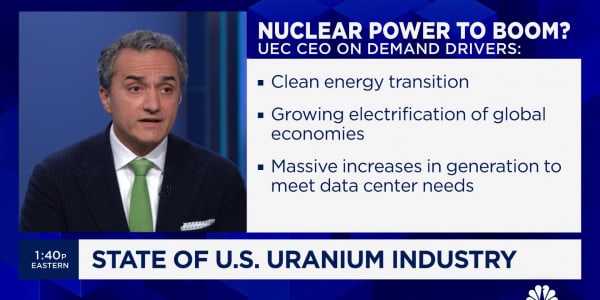In his New York Times magazine piece this weekend, writer Roger Lowenstein made a strange argument for prohibiting insider trading.
Without SEC enforcement, Wall Street would degenerate into a cesspool of conspiratorial tipping — as it was before the agency existed. If you think that doesn’t matter, ask yourself if you’d be comfortable investing in, say, Oracle, if Larry Ellison, its lavishly compensated C.E.O., were free to buy and sell the stock, and to clue in his friends, every time Oracle’s sales took an unexpected but not yet public twist. By bringing cases and challenging hedge funds, the SEC aims, at very least, to remind investors that insider trading isn’t simply financial naughtiness — it’s a crime.
What makes this so strange is the group that would be most damaged by insider trading here would be the insiders, not the ordinary investor. Lowenstein is saying ordinary investors would avoid investing in stocks they feared insiders were trading based on non-public knowledge. If this is true, insiders would have a powerful incentive to prevent insider trading in order to attract investors.
In other words, there's no need for a legal mandate against insider trading. Instead, companies should be able to adopt a voluntary prohibition against it if they feel investors will demand it. That is, they should be able to "opt-in" to insider trading regulations. Of course, the Securities and Exchange Commission could still be in the business of enforcing compliance with a public company's voluntary prohibition on insider trading.
Questions? Comments? Email us at
Follow John on Twitter @ twitter.com/Carney
Follow NetNet on Twitter @ twitter.com/CNBCnetnet
Facebook us @







